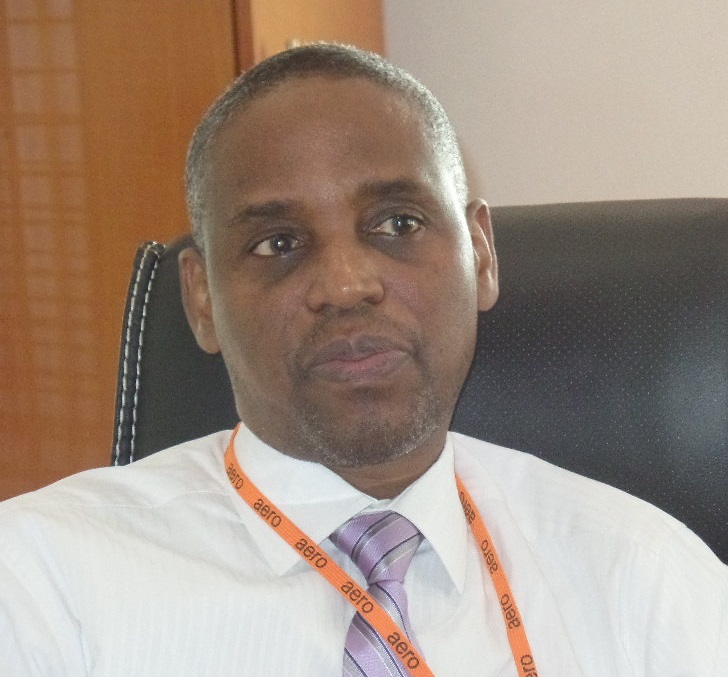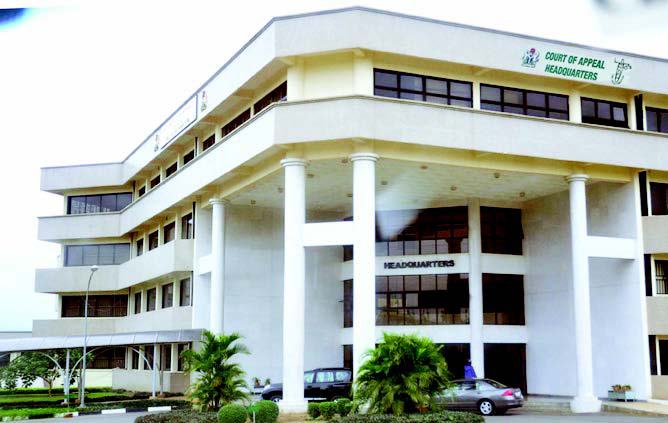Why Aviation industry contribution to Nigeria’s GDP is low – Sanusi

…Says FG must protect Nigeria’s aviation industry to mature
…Aero Contractors MRO gets boost as domestic airlines patronise facility
Despite the long existence of Nigeria’s aviation industry, lack of implementation of policies, high taxation, infrastructure deficiencies, lack of human capital development, among many other challenges, have been identified as factors affecting the growth of the industry and its contributions to the nation’s Gross Domestic Product (GDP).
Speaking in an exclusive interview with The Daily Times Editorial team at his office in Ikeja, Lagos, Managing Director of Aero Contractors, Capt. Ado Sanusi, said that there are a lot of challenges hindering the potentials of the nation’s aviation industry, which he said, has not grown to become a mature industry, hence, the Federal Government must protect it.

Capt Sanusi explained that the industry challenges are huge, and needed to be protected because “you can’t have a child that is growing and decide not to immunise him, or give him any kind of protection.
The Aero Contractor’s boss disclosed that the first plane that landed in Nigeria was about 100 years ago, which indicated that the aviation industry has been in existence in the country for a long period of time.
He, however, suggested that there must be an implementable plan that the Federal Government has and it should start from the beginning by implementing such plan continuously, and make sure that it is sustainable.
Responding to question on lack of mergers of indigenous airlines to have a bigger and better airline operators and industry, he said: “Mergers are been driven by something. Internationally, let’s say two oil companies want to merge, they may probably want to reduce cost, increase efficiency, and probably increase their market share, then, they will look at the right company with the right culture, and they will merge.”
He noted further that in Nigeria, commercial banks are the recent mergers that we can think of, but said, “Something drove them to do that merger.
There was a policy that said there must be a particular capital before you can operate. So, that policy that guided them was the force that pushed them. It was interesting, because they were not forced to merge, but they were encouraged to merge”.
The Aero Contractors boss added that the Federal Government, of course guided them, and everything was been regulated and everything went well.
“So, if there is that kind of policy that can bring airlines to merge, then, they will be encouraged to merge. But mergers of airlines is more difficult because the safety culture of an airline is very paramount to the survival of that airline.
It is what airlines actually guard jealously, because if you have a very good safety record, you are a good airline, passengers trust you and everyone recognises you as a safety courteous airline”, he said.
Commenting on its Maintain Repair and Overhaul (MRO) established two years ago, he explained that Aero contractors has continued to perform beyond expectations as virtually all the domestic airlines have aligned with the company’s facilities in carrying out various checks on their aircraft.
Capt Sanusi noted that patronage from all domestic airlines remained overwhelming, adding that airlines from countries like Ghana, Congo were already in the country for various checks while Cameron and Niger have also shown interest, adding that there was a request from South Africa for C-check.
“All the domestic carriers are patronising us. I believe the MRO has performed beyond expectation. Air Peace performed very well and they patronised us right from the beginning”.
According to the Aero contractor’s boss, the airline has saved close to 30 per cent of manpower of entire fees the airline would have paid by ferrying their aircraft abroad.
Capt Sanusi noted that all the engineers will be able to work round the clock as checks were done in the country.
With only one plane when he came on board two years ago, the airline now has four airplanes flying from 18 sectors to 36 sectors and Sanusi said the fifth aircraft will soon be flying.
Read Also: Nigeria’s trade export increases by 374% in Q3 2019 – NBS
Sanusi, who acknowledged that Aero contractor’s planes were due for re-fleeting, said the management of the airline was looking at getting planes of one to five years old, adding that they were in talks with Airbus in order to acquire A220 aircraft for its operations.
According to the Aero Contractors boss, survival of an airline depended on its fleet renewal, saying that Aero Contractors needs at least ten new airplanes from Embraer and Airbus by the year 2021.
On the safety record of Aero Contractors for many years, Capt Sanusi said the airline does not cut corners as all their aircraft remained serviceable and doing the right thing at the right time.








